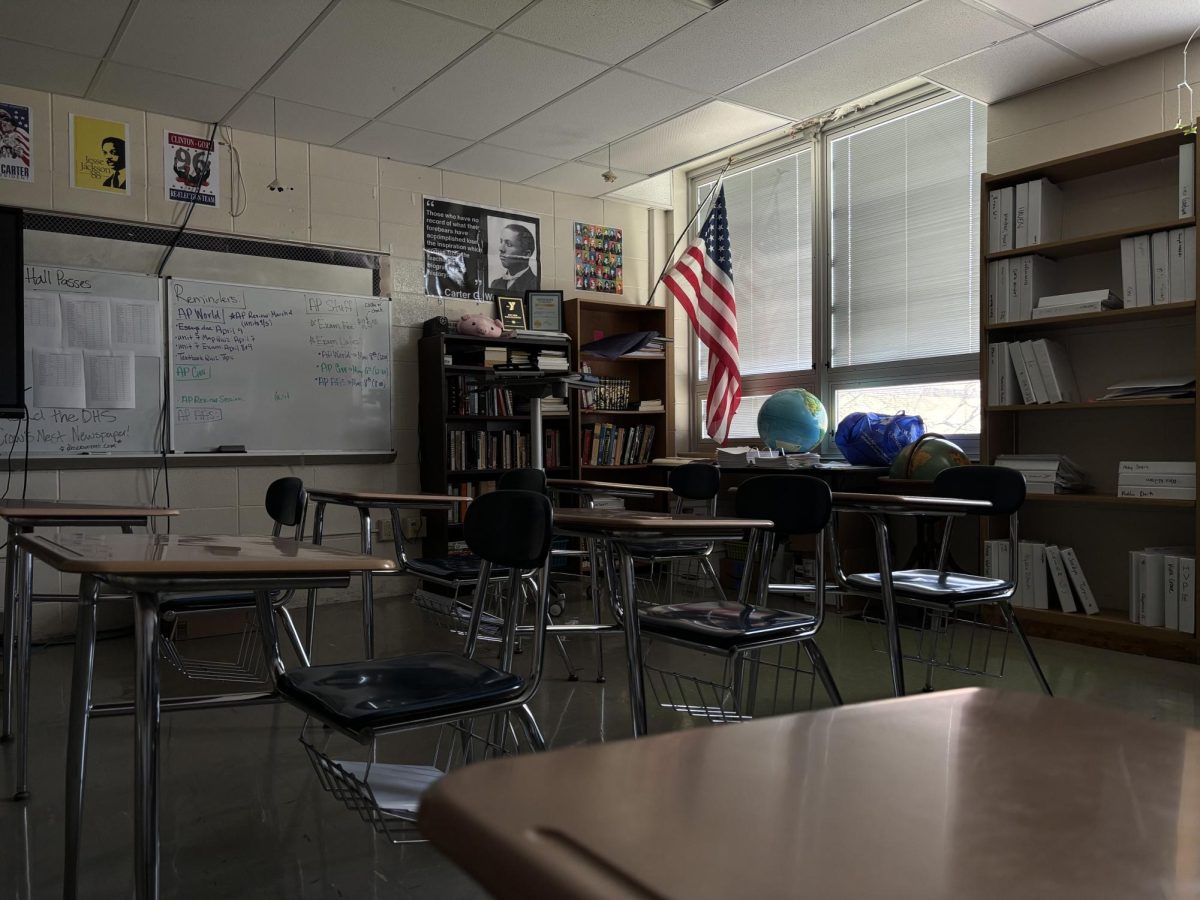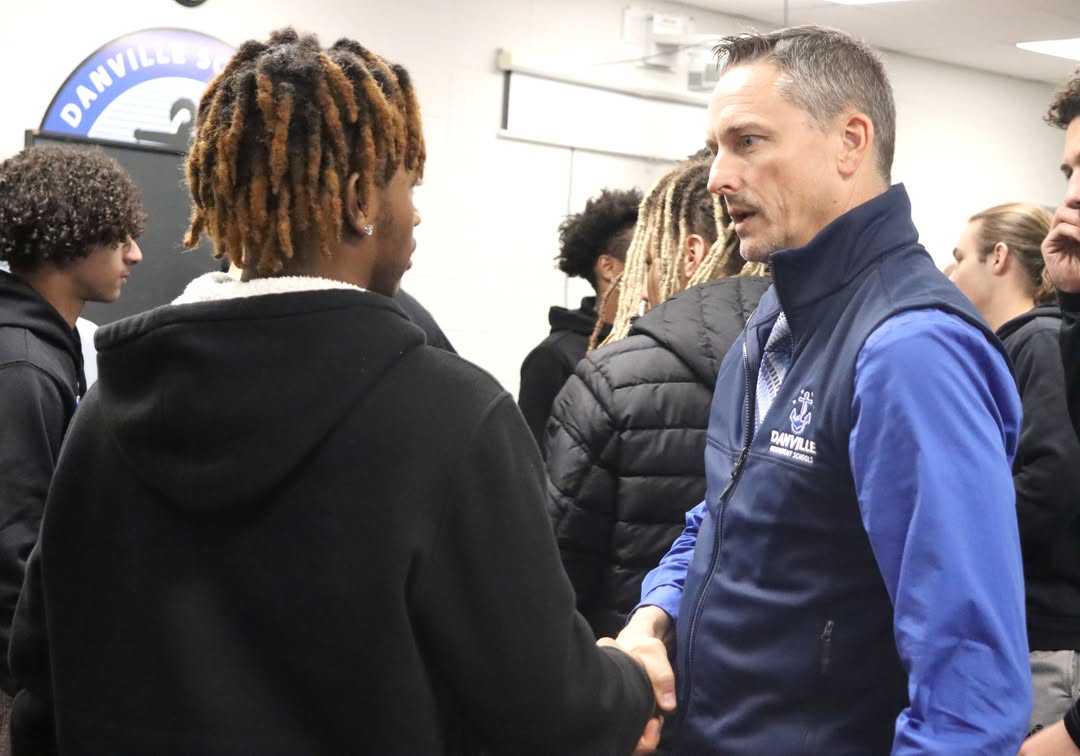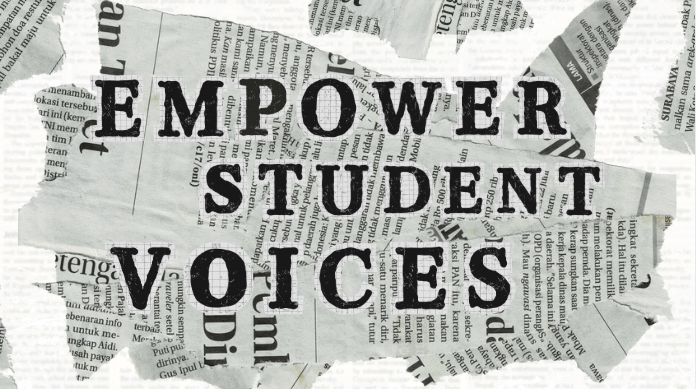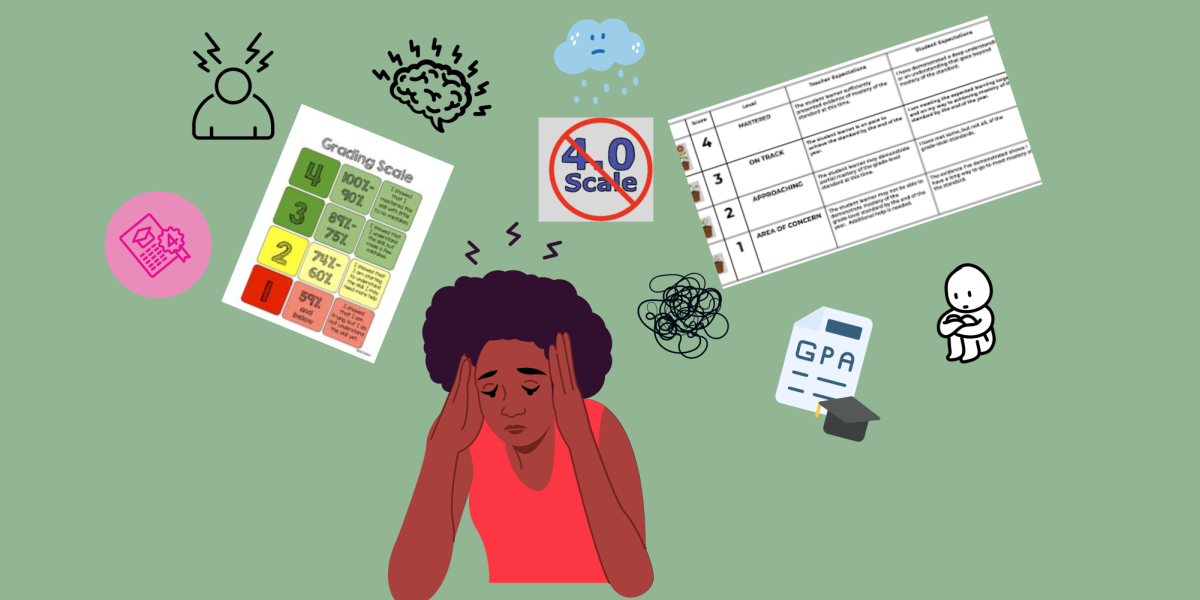Disclaimer: Student Abbie Pennington, who was interviewed for this article, is a writer for The Crow’s Nest.
Across the country, student engagement in education policy has been gaining momentum. Students want their voices heard, and school administrators must take the necessary steps to ensure students have a platform to share their opinions on policy decisions that directly affect them.
In states like Ohio and Massachusetts, state legislatures have passed bills requiring local school boards to include a non-voting student representative at all public meetings. These laws have proven beneficial, allowing students to have a say in how their schools are run.
Last year, Rep. Lisa Willner introduced a similar bill to the Kentucky House of Representatives. The bill would require all local school boards to allow at least one student representative “to attend and participate in school board meetings, provide student perspective on issues, and learn about school district governance.”
This bill has garnered support from across the Commonwealth, with support from both major political parties in Kentucky.
In the Danville Independent School District, school board members have shared their support for the bill. Vice Board Chair Jennifer Pusateri wrote in a statement for The Crow’s Nest that passing this bill would “mean that when the school board discusses topics like the schedule for the coming school year or plans for a school renovation, this student board member could speak as a representative of the student body and actively participate in discussions about how our district should be run, and where our funding should be spent.”
Similarly, Board Chair Esther Rugerio, shared her support for the bill, writing to The Crow’s Nest newspaper, “We welcome HB 381 and encourage students, teachers, faculty and staff to review the agenda and attend meetings that interest them.”
This bill offers a clear benefit to school boards across the state. By including student representatives, school boards would gain a more comprehensive understanding of the issues they address. The inclusion of a student perspective on school-wide decisions would ensure that policies truly serve the student body.
However, some may argue that students, especially high schoolers, may lack the experience or the professionalism to engage in meaningful policy discussions. While it is true that students may not have the same experience in policy as adults, the bill is not about giving students decision-making power; it is instead about making sure student voices are heard on policy decisions that directly affect them.
“I mean, let’s face it, if I based all of my decisions as a school board member on my own experience as an elementary, middle or high school student, my decisions would be a good 30-40 years behind,” wrote Dr. Pusateri.
School administrators do not have the same perspective as high school students. Most have not experienced the same school environment as students, and they don’t know what it is like to be a K-12 student in 2025. They lack the context of a tech-powered classroom, the pressure of modern social dynamics, and the challenges of a rapidly changing educational landscape. A student representative would bridge this gap between administrators and students.
When they were students, administrators did not have access to the same technology students use today. Because administrators do not have this lived experience in a technology-powered classroom, they do not have the proper perspective to vote on important issues influencing students surrounded by these environments. Having a student representative who has grown up surrounded by technology would offer a well-informed view that would allow the board to consider the experience of students.
Danville High School student Abigail Pennington said she does not feel that she can contribute an opinion regarding education policy in her school.
“I do not feel like I have a say on education policy decided by school administrators. HB 381 would help me become better acquainted with the school board, allowing my voice to be heard on issues affecting me.” She continues, “The bill would also allow students to get real-world experience in working with education policy, even if it is on a local level.”
The bill is currently sitting in committee, and there have not been any further actions taken at this time. However, if passed, it would be a monumental step toward a future where students are truly seen as partners in shaping their own education.


















